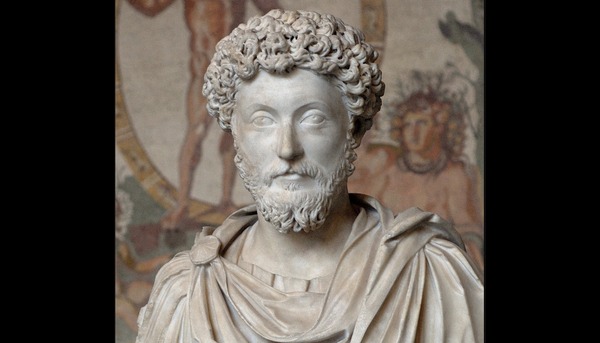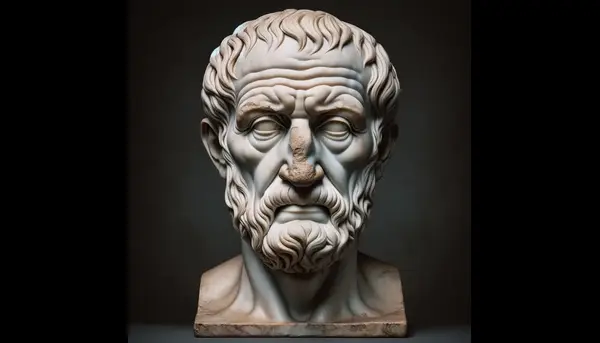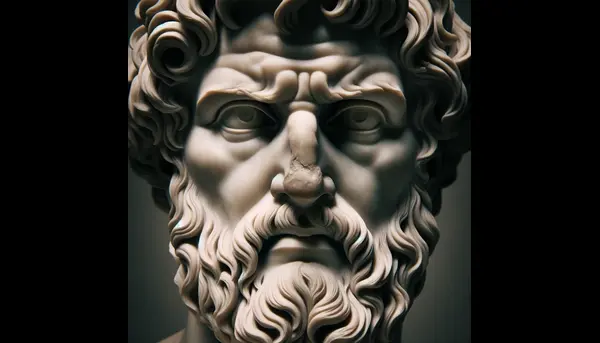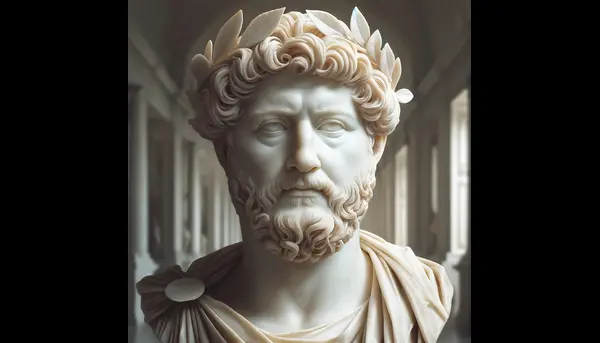Who is Marcus Aurelius?
Table of Contents Biography Marcus Aurelius, born on April 26, 121 AD, in Rome, was a Roman emperor and philosopher, renowned for his rule guided by Stoic philosophy. He became emperor in 161 AD, co-ruling with Lucius Verus until 169 AD, and then as the sole ruler after Verus's death. His reign is marked by military conflict, including wars against the Parthian Empire and various Germanic tribes. Despite these challenges, Marcus…




